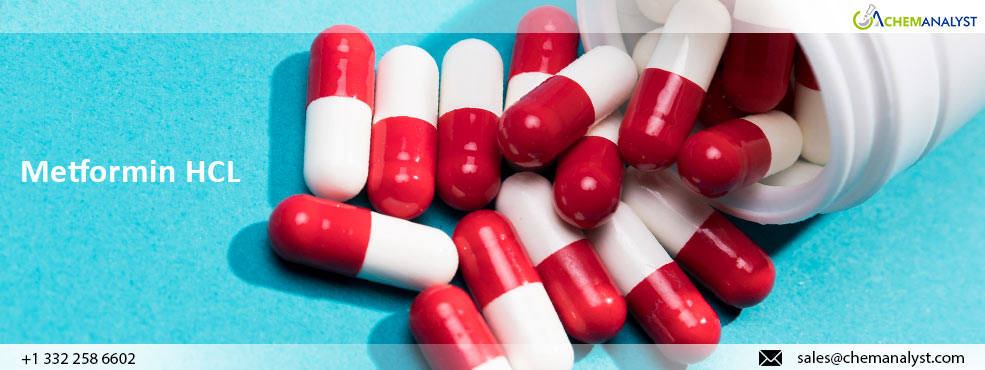Welcome To ChemAnalyst

China has given the green light to Eli Lilly & Co.'s blockbuster drug Tirzepatide for treating adults with type 2 diabetes, the US pharmaceutical company announced in a statement. This approval marks a significant step for Eli Lilly, as it aims to strengthen its foothold in the crucial Asian market. The approval is expected to intensify competition with Danish rival Novo Nordisk, which also has a strong presence in diabetes treatment.
Tirzepatide has won approval from Chinese regulators for treating adults with type 2 diabetes, Eli Lilly & Co. announced in a statement. However, its use for chronic weight management is still under review.
This development comes amid significant sales growth for Novo Nordisk's diabetes drug Ozempic, which was approved in China in 2021. Novo Nordisk reported that its sales for Ozempic in Greater China, including Hong Kong and Taiwan, more than doubled to 4.8 billion Danish Krone in 2023. The competition between Eli Lilly and Novo Nordisk is intensifying as both companies race to meet the skyrocketing demand by increasing their production capacities.
In response to the growing demand, Novo Nordisk recently announced a substantial investment of $556 million to expand its manufacturing facility in Tianjin, China. This expansion is aimed at boosting the production of their drugs, further solidifying their presence in the region.
In addition to Tirzepatide, Eli Lilly also manufactures Jentadueto, a combination medication containing linagliptin and Metformin HCL, which is used for treating type 2 diabetes. It is anticipated that the launch of Tirzepatide and the rising popularity of Novo Nordisk's Ozempic could divert demand away from existing treatments. As a result, this shift in demand could potentially lead to a decreased requirement for Metformin HCL, exerting downward pressure on its pricing.
Moreover, to effectively penetrate the drug industry, Eli Lilly might strategically market Tirzepatide at competitive levels. This move could compel other pharmaceutical companies, including those offering Metformin HCL or metformin-based combination drugs, to lower their prices to maintain their market positioning.
Given China's status as a major exporter of pharmaceutical products, including Metformin HCL, any significant changes in the Chinese market can have far-reaching implications for global trade dynamics and pricing. Any decrease in the demand for Metformin HCL in China could lead to excess supply being redirected to overseas markets, potentially lowering prices in those markets as well.
In a recent development, a fire broke out at a Novo Nordisk facility, marking the second incident within a week. This latest fire destroyed an office building at the company’s headquarters in Bagsværd, Denmark. Novo's success with drugs like Wegovy and Ozempic has made it Europe's most valuable company, leading to heavy investments in Denmark and beyond. A previous fire occurred at its key manufacturing hub in Kalundborg, where over $8 billion is being invested. These fires could disrupt Novo Nordisk's supply chain, potentially affecting the availability and pricing of diabetes medications like Metformin HCL in Europe.
According to ChemAnalyst's analysis, the recent developments, combined with potential changes in demand, supply dynamics, and pricing strategies, have the capacity to exert a substantial impact on the pricing and accessibility of Metformin HCL in both local and international markets.
We use cookies to deliver the best possible experience on our website. To learn more, visit our Privacy Policy. By continuing to use this site or by closing this box, you consent to our use of cookies. More info.
